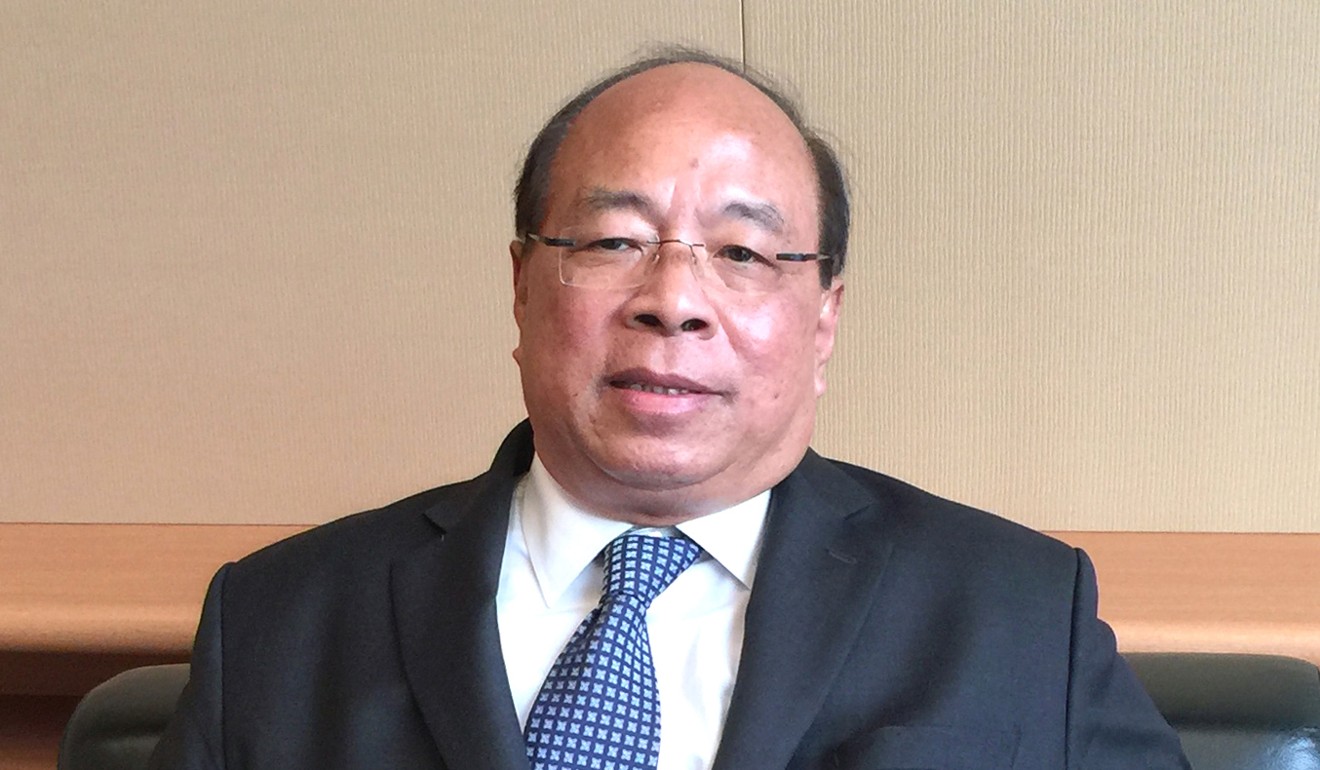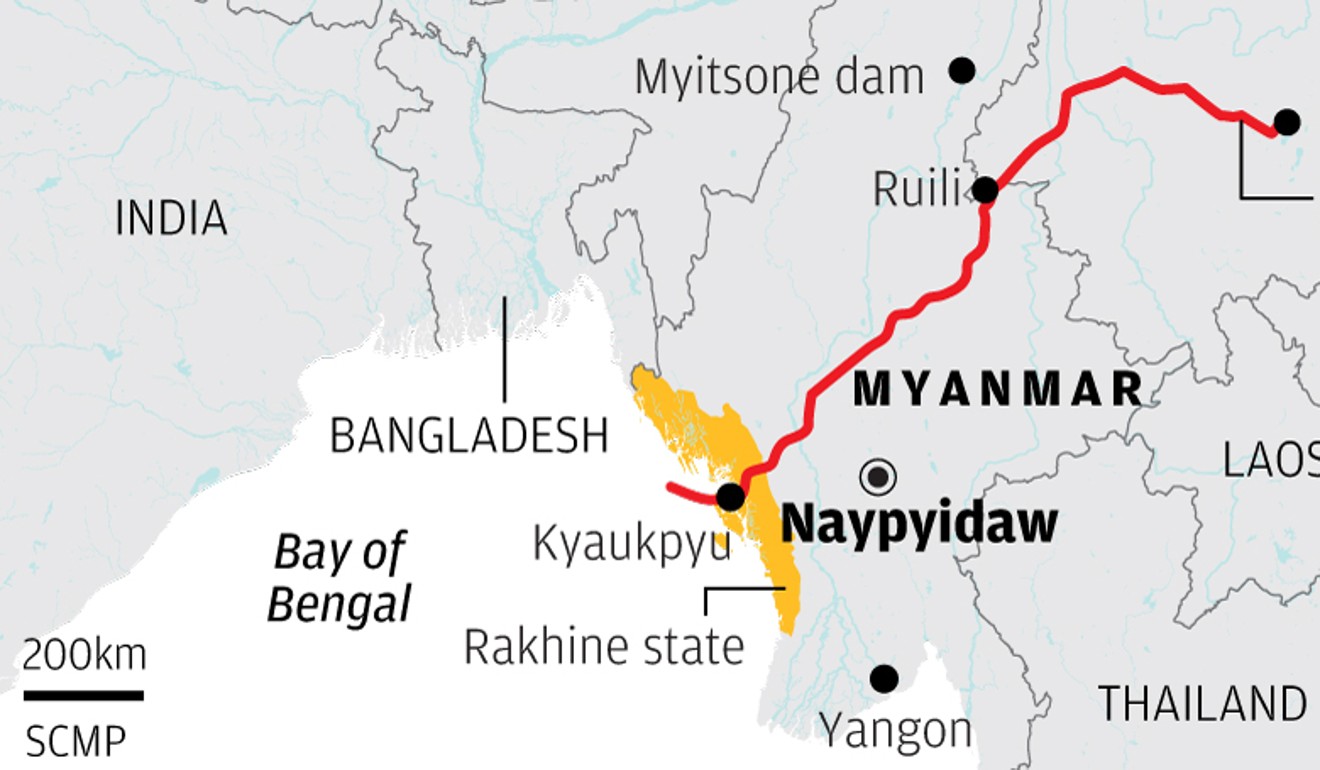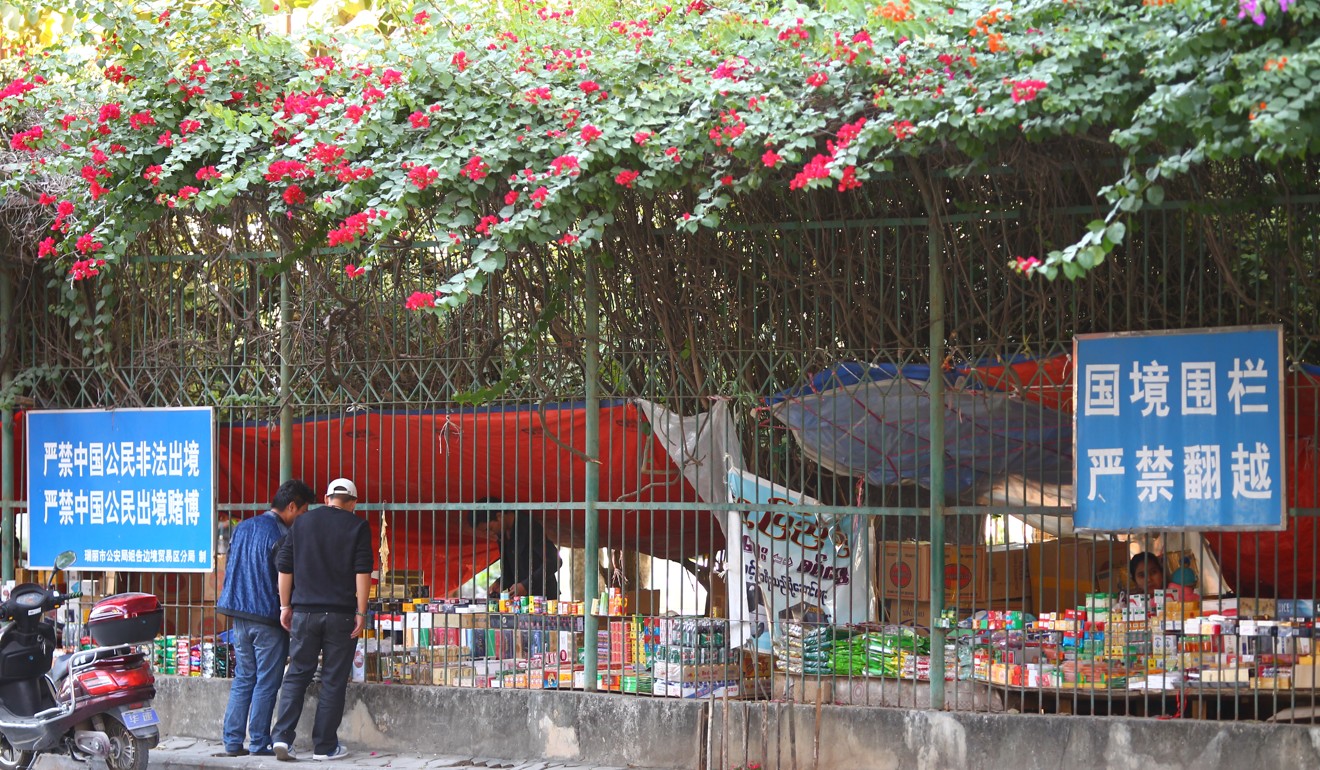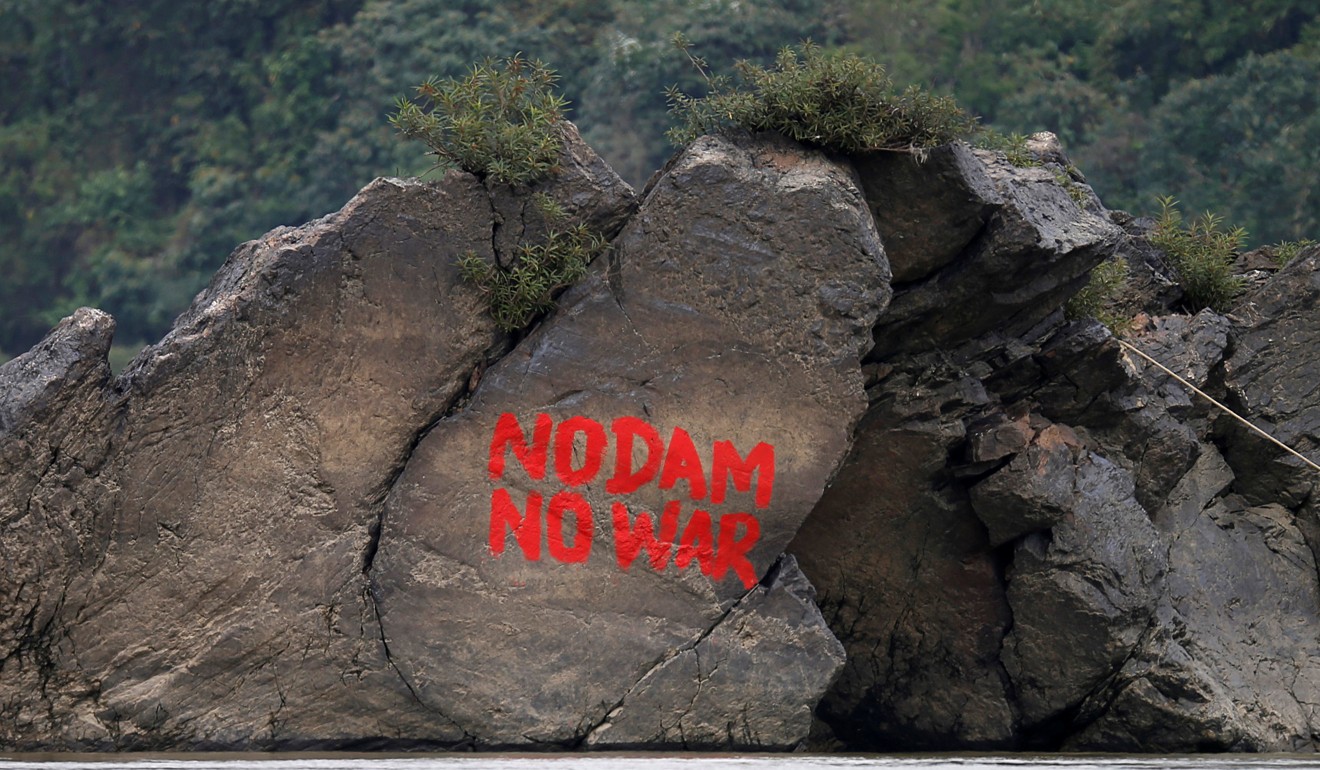
There’s no Chinese ‘debt trap’, says Myanmar minister, as government pushes for joint port project to go ahead
Thaung Tun insists his government is keen to press on with deep water project after reports it was negotiating to keep costs down
Myanmar’s government is eager to begin work on a Chinese-backed deep water port project in Kyaukpyu, and a decision is expected soon, the country’s union minister and security adviser Thaung Tun said.
He dismissed the fear of a “debt trap”, saying he was confident it would be a “win-win” deal.
“We would like to see this project get off the ground,” Thaung Tun, who is also chairman of the Myanmar Investment Commission (MIC), told the South China Morning Post on Friday.

“I would say we [China and Myanmar] are negotiating, the process is moving ahead and a decision is imminent.”
The assurance follows reports that Myanmar is reviewing the port project in a bid to negotiate down the costs.
The project, in western Rakhine state, is of strategic importance in connecting China with the Indian Ocean and is located at the terminus of oil and gas pipelines bringing fuel to China’s landlocked southwestern provinces. The port would also help reduce China’s need to ship fuel through the vulnerable Strait of Malacca.
China’s ambitious “Belt and Road Initiative”, which spans more than 65 countries, has given rise to criticism that it will drag developing countries into debts they cannot repay.
A target of such criticism is Hambantota port in Sri Lanka, which was handed over to China Merchants Port Holdings on a 99-year lease late last year as a deal to cut government debt.
Thaung Tun said Myanmar was aware of the Hambantota case, but that the government believed the project was economically and politically important for the country.
“In the case of Sri Lanka, there was this issue, now they have to answer to the debt,” he said.
However, he insisted there was no such thing as a “debt trap” for other countries involved in the Belt and Road Initiative, adding: “Even the case of Sri Lanka was not that bad”.

“What China is doing is prosper neighbour policy and we are all for it,” he said.
“We already know what happened to other places, and we will make sure it [Kyaukpyu port] is a workable project.
“There are people who said: be careful, you will get into a debt trap. In this world people can have their own opinions, but we will make sure what happens to Kyaukpyu, it will be a win-win situation for Myanmar and China.”
The project would be carried out in stages, he said, adding that a vice-minister of planning and finance had been appointed to “move the project forward”.

The project’s initial cost estimate is US$9 billion, according to earlier reports. Citic, a Chinese state-owned investment corporation, has proposed taking a 70 per cent stake in the project, with the remainder split between Myanmar’s government and a consortium of local firms.
Thaung Tun said Myanmar needed such bold projects to bridge the “infrastructural gap” with its neighbours, especially as the new government, which came to power two years ago, was eager to bring tangible changes to meet public expectations.
China is committed to friendly ties with Myanmar, Xi tells Suu Kyi
He is also optimistic there will be talks to resolve the long-shelved Myitsone dam project in northern Myanmar, which was suspended in 2011 by a previous administration because of environmental and protests in Myanmar.
Although the Chinese government and state media have repeatedly called for Myanmar to revive the project, Thaung Tun said he hoped the issue could be resolved because Yunnan province could now generate enough electricity for its needs.
“Ten years ago, Myitsone dam was a very viable project,” Thaung Tun said. “But now that China doesn’t need the energy from Myitsone dam, I am not sure if China will still insist on this dam going forward.”
How a massive influx of Chinese has changed Mandalay
Describing China as a “close friend and neighbour”, Thaung Tun said he remained hopeful that the two countries could resolve the issue.
“It should not be a thorn in the side of the two countries,” he said, adding there will be “some negotiation” to resolve the situation.
During a trip to China last year, Myanmar’s former president Htin Kyaw tried to explore ways to replace the controversial US$3.6 billion project with others, though the Chinese foreign ministry said its stance had not changed, according to reports.

An article this month in China’s state-owned Global Times saying that China had not given up the unpopular project raised eyebrows in Myanmar’s media.
Thaung Tun said Myanmar would like to focus on more important priorities for economic cooperation with China, such as the China-Myanmar economic corridor, connecting Yunnan with Mandalay in central Myanmar, which was introduced when Myanmar’s foreign minister, Aung San Suu Kyi, visited Beijing last year.
He said a railway connecting Ruili in Yunnan province to Mandalay “would start quite soon” and “in all likelihood it would be extended to Yangon and Kyaukpyu” in Myanmar.
Beijing condemns fighting in Myanmar near China border
When asked about security for Chinese projects in Rakhine state, which is at the centre of the Rohingya crisis, Thaung Tun said Kyaukpyu port was far from the troubled area in the north.
“It is perfectly safe,” he said. “There are Chinese technicians working on the oil and gas pipeline, and they are living there.
“In the future, we would like to see Chinese tourists coming to Kyaukpyu, as it has beautiful beaches.”

